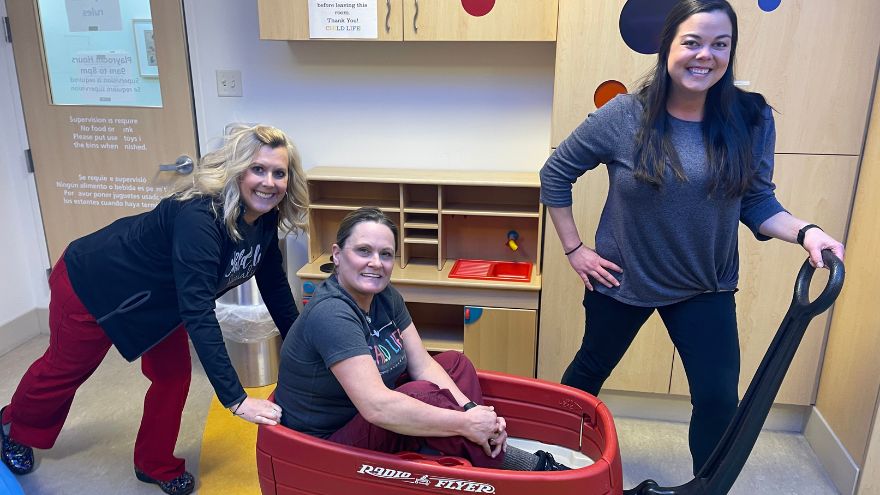Prostate Cancer Screening & Prevention
In the United States, one in six men will be diagnosed with prostate cancer. While the exact causes of prostate cancer are still unknown, certain risk factors are linked to the disease, increasing a person's chance of developing prostate cancer.
Risk Factors
- Age: Men over 50 are at more risk.
- Race: For unknown reasons, prostate cancer is more common in African American Men.
- Family history: Men with a first-degree relative (father/brother) are more likely to be diagnosed.
- Prevalence in the family: Men with one first-degree relative should talk to their doctor about prostate cancer screening by age 45; men with multiple family members diagnosed should speak with their doctor by age 40.
- Diet: A diet high in red meat, dairy products, and saturated fat may increase the risk for prostate cancer.
If you are concerned about prostate cancer because you meet one or more risk factors, talk to your doctor about a screening.
Screening
Prostate-Specific Antigen (PSA) Test
The prostate gland naturally produces a protein called prostate-specific antigen (PSA). However, higher-than-normal levels of PSA can be an indication of a problem with the prostate gland. These problems could range from prostatitis (inflammation of the prostate) to prostate cancer. To test for PSA levels, doctors administer a blood test. The results are measured in nanograms of PSA per milliliter of blood. The higher the patient's PSA per ng/mL, the more likely he is to have prostate cancer.
Talk to your doctor about when you should begin PSA screenings.
Digital Rectal Exam
Men with a high PSA reading accompanied by other symptoms of prostate cancer may also have a Digital Rectal Exam (DRE). During this exam, the doctor will insert a gloved, lubricated finger (digit) into the rectum to check for enlargement of or growths on the prostate.
Get Screened
Breast Cancer Screening - 3D Mammogram or Total Breast Ultrasound
775-982-8100Colorectal Cancer Screening
775-982-4100Gynecologic Cancer Screening
775-982-4100Lung Cancer Screening
775-982-4000Prostate Cancer Screening
775-982-4000






